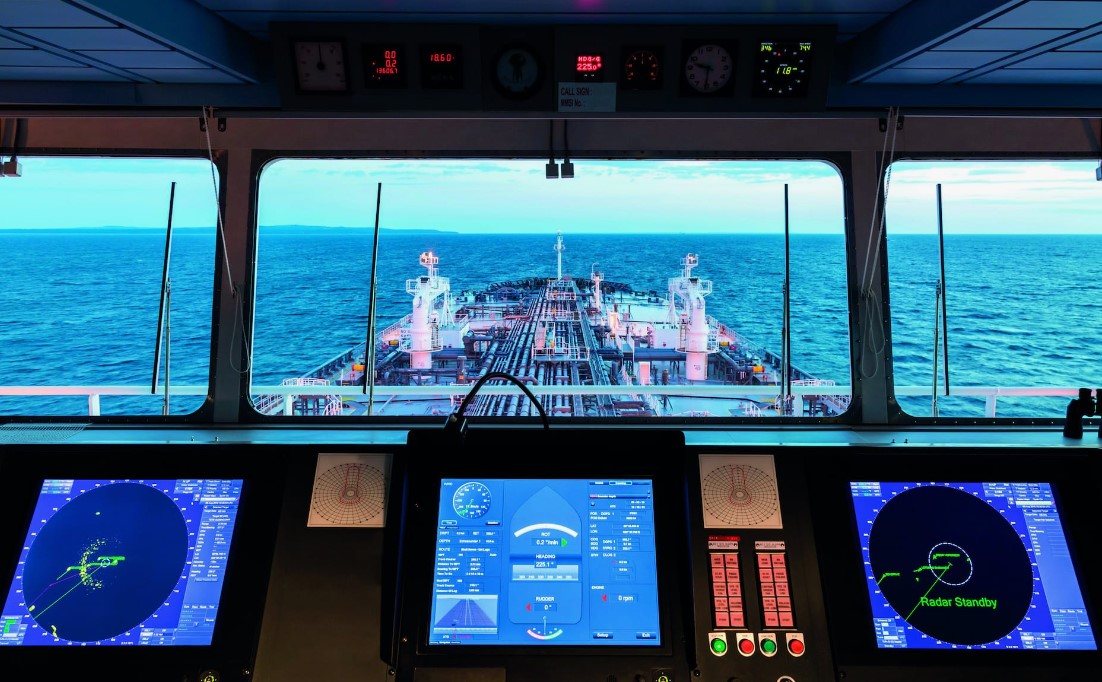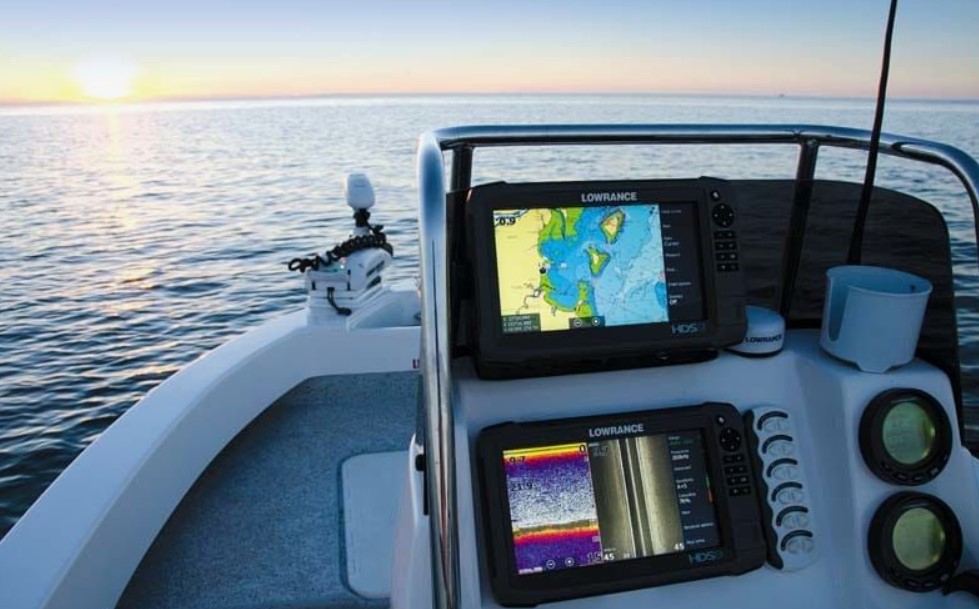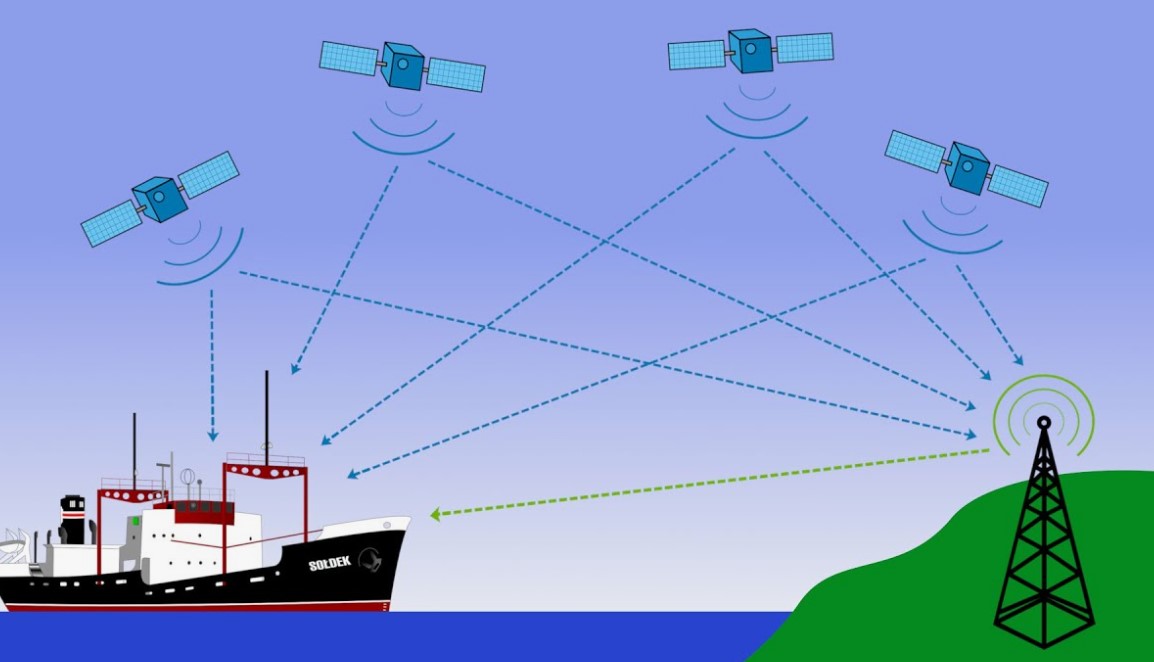In an era where maritime transport is integral to global trade, GPS (Global Positioning System) monitoring technology, like that provided by My GPS, has become essential in ensuring safety, efficiency, and reliability in marine navigation. This technology plays a critical role in enhancing situational awareness, enabling swift response during emergencies, and optimizing operational efficiency. GPS monitoring goes beyond basic navigation by supporting real-time tracking, route adherence, fuel management, and predictive maintenance, all of which are critical for shipping companies that prioritize efficient and secure operations.
Page Content
The Necessity of GPS Monitoring in Marine Navigation
Marine environments are complex and often unpredictable, with weather conditions, tides, and other variables influencing a vessel’s journey. By offering precise data and tracking, GPS monitoring addresses these challenges by providing:
Enhanced Safety Protocols
GPS systems allow vessels to follow designated routes safely, reducing the risk of accidents in crowded waters and adverse conditions.
Informed Decision-Making
Real-time tracking and updates enable captains and fleet managers to make informed decisions regarding route adjustments, detours, or speed reductions to avoid rough weather.
Cost Efficiency
Through accurate tracking of vessel parameters, GPS technology aids shipping companies in managing fuel consumption, reducing unnecessary expenses, and scheduling timely maintenance.
Regulatory Compliance
Many maritime authorities mandate GPS tracking for vessels operating in certain areas, as it helps monitor compliance with international shipping regulations and environmental guidelines.

Core Functions of GPS Monitoring in Maritime Transport
GPS technology serves numerous functions that enhance the operational effectiveness of a vessel and the broader fleet. The main tasks supported by GPS monitoring include:
1. Precise Location and Speed Tracking
GPS tracking provides a real-time view of a vessel’s location and speed, enabling fleet operators and captains to monitor navigation progress and ensure the vessel remains on course. This data is essential for route adherence and for coordinating logistics at various ports.
2. Route Compliance Monitoring
For fleet operators, ensuring a vessel stays on its designated path is critical. GPS tracking systems help confirm that each vessel follows its pre-set course, reducing the likelihood of unintended deviations, which could cause delays or increase fuel consumption.
3. Engine Performance and Power Plant Monitoring
GPS monitoring systems can integrate with engine data monitoring tools, offering insight into engine performance, power usage, and health. This ensures that potential engine issues are addressed promptly, supporting vessel reliability and reducing the risk of in-transit breakdowns.
4. Fuel Consumption and Control
Fuel represents one of the largest operational costs for maritime companies. GPS monitoring systems are paired with advanced fuel sensors to track consumption accurately, helping to identify usage trends, avoid excess consumption, and detect potential fuel leaks.
5. Comprehensive Fuel Management and Reporting
Fuel reports generated by GPS monitoring systems help fleet managers understand consumption patterns and optimize fuel usage. This data is also valuable for accounting purposes, allowing for accurate tracking of expenses.
6. Monitoring Lubricants and Other Essential Resources
GPS systems can also monitor essential resources like lubricants, which are critical for engine health. Insufficient lubricant levels can lead to equipment wear, but with GPS monitoring, fleet operators receive alerts when levels drop below optimal.
7. Satellite Communication for Real-Time Updates
Equipped with satellite communication features, GPS systems ensure real-time data transfer between vessels and command centers, enhancing situational awareness and communication, especially in remote regions where traditional communication methods may be limited.
8. Data Logging for Historical and Predictive Analysis
GPS monitoring systems log vast amounts of operational data, which can be used to assess past trips, optimize routes, and predict future maintenance needs. This historical data supports fleet management strategies and operational planning.
Key Benefits of GPS Monitoring for Shipping Companies
The implementation of GPS monitoring systems brings a wide range of benefits to shipping companies, from financial savings to enhanced safety measures. Here are some of the main advantages:
1. Increased Operational Efficiency
GPS monitoring enables proactive fleet management by providing real-time information on weather conditions, sea states, and other variables that influence navigation. As a result, fleet managers can adjust schedules, routes, and speeds to optimize performance and reduce unnecessary risks.
2. Reduced Fuel and Maintenance Costs
With accurate fuel tracking and optimization, shipping companies can significantly reduce operational costs. Additionally, data on equipment wear helps preemptively address maintenance needs, reducing emergency repairs and costly downtime.
3. Enhanced Fuel Consumption Tracking
GPS systems make it easier to log and analyze fuel consumption data, allowing for accurate tracking of fuel expenses, improved budgeting, and optimized usage.
4. Predictive Maintenance and Proactive Problem Solving
By continuously monitoring engine and equipment conditions, GPS systems allow for predictive maintenance, identifying wear patterns and potential issues before they lead to costly breakdowns or emergencies.
5. Fuel Theft Prevention and Resource Protection
Fuel theft and leaks can lead to significant financial losses. GPS monitoring systems help detect anomalies in fuel usage, alerting fleet managers to potential theft or leaks that need immediate investigation.
6. Increased Accountability and Crew Discipline
GPS tracking supports crew accountability by monitoring adherence to scheduled routes and operational guidelines. This ensures that crew members uphold their responsibilities, maintain efficient work habits, and contribute to safer operations.
7. Minimized Vessel Downtime and Route Optimization
By tracking vessel performance and scheduling, GPS systems reduce unscheduled downtime and streamline route planning, helping shipping companies stay on schedule and meet client expectations.
8. Timely Response in Emergencies
In critical situations, such as accidents or equipment malfunctions, GPS monitoring systems provide precise location data, enabling quick response by search and rescue services, improving the odds of successful outcomes for crew and passengers.

Advanced GPS Monitoring Features for Maritime Navigation
Advanced GPS monitoring systems in the marine industry come equipped with several specific features that help optimize vessel performance and ensure reliable operations. These include:
1. Satellite Communication for Seamless Data Transmission
Modern GPS controllers communicate with telecommunications satellites, which relay signals to ground stations. This ensures continuous monitoring and data transmission, even in remote or extreme conditions.
2. Specialized Fuel Sensors for Precise Fuel Management
GPS systems often include flow-through fuel flow sensors or capacitive level sensors that provide detailed insights into fuel usage. The choice of sensors depends on the vessel’s equipment and operational requirements, ensuring precise and efficient fuel management.
3. Peripheral Sensors for Monitoring Vital Parameters
To gain a complete view of vessel health, additional sensors are installed to track variables such as speed, temperature, fuel/oil pressure, and engine sound. These sensors relay data to the GPS system’s onboard controller, enabling thorough monitoring of the vessel’s internal and external conditions.
4. Real-Time Data and Historical Reports for Analysis
GPS monitoring systems allow for both real-time tracking and retrospective analysis, helping managers understand operational performance over time. Detailed reports enable long-term assessments, essential for strategic decision-making.
5. Instant Alerts and Notifications for Critical Situations
With advanced notification systems, GPS monitoring can alert fleet operators to critical events, such as fuel drain, low sensor balance, or unscheduled deviations. Notifications are sent via email or SMS, ensuring swift action to prevent potential issues.
6. Onboard Display for Crew Communication
An onboard display, connected to the GPS system, allows the crew to monitor real-time data, improving awareness of vessel status and enabling message exchanges with command centers.
7. Emergency Alert Functionality
In emergencies, GPS systems provide instant alerts about breakdowns, incidents, or other anomalies, allowing fleet managers to coordinate immediate assistance.
Real-World Example: GPS Tracking by My GPS in Dubai
In Dubai, My GPS stands out as a premier provider of GPS tracking systems tailored to the maritime industry. Their technology supports key shipping objectives, including:
Compliance with Shipping Schedules
My GPS systems help fleet managers monitor vessel adherence to scheduled routes, ensuring that shipments arrive on time.
Fuel Optimization
Advanced fuel tracking reduces unnecessary consumption, contributing to overall cost savings.
Route Planning and Optimization
With real-time data on vessel location and conditions, My GPS aids in route planning, avoiding delays caused by adverse weather or unexpected detours.
Operational Efficiency and Enhanced Safety
By offering real-time insights, My GPS systems contribute to improved operational safety, aiding fleet managers in handling complex maritime logistics.

The Future of GPS Monitoring in Marine Navigation
With advancements in satellite technology, machine learning, and data analytics, GPS monitoring systems in marine navigation will continue to evolve. Upcoming developments may include:
AI-Driven Predictive Maintenance
Integrating artificial intelligence will enable systems to predict maintenance needs even more accurately, extending equipment lifespan and further reducing costs.
IoT-Enhanced Connectivity
Internet of Things (IoT) connectivity will allow GPS systems to interface with more onboard devices, offering a comprehensive view of vessel performance and environmental conditions.
Greater Energy Efficiency
As environmental regulations tighten, GPS systems will support compliance by optimizing routes to reduce emissions, contributing to a more sustainable maritime industry.
Conclusion
GPS monitoring systems have revolutionized marine navigation, offering crucial insights that ensure safe, efficient, and cost-effective operations. From real-time tracking to fuel management, route compliance, and emergency response, GPS technology provides shipping companies with invaluable tools to optimize fleet performance. As the maritime industry continues to grow and innovate, GPS monitoring remains a cornerstone of modern maritime safety and efficiency, enabling seamless global trade and enhancing the security of crew and cargo. By investing in cutting-edge GPS technology, shipping companies can meet the demands of today’s complex maritime landscape while preparing for the challenges of tomorrow.

Skateboarder, feminist, DJ, hand letterer and HTML & CSS lover. Doing at the sweet spot between beauty and function to create great work for living breathing human beings. I’m fueled by craft beer, hip-hop and tortilla chips.